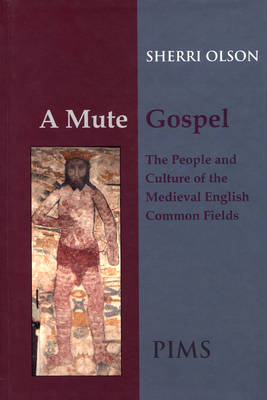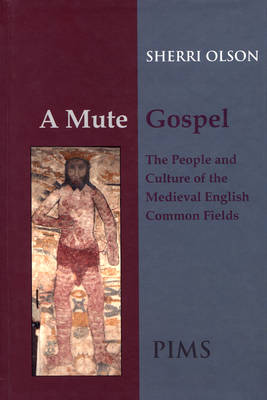
Door een staking bij bpost kan je online bestelling op dit moment iets langer onderweg zijn dan voorzien. Dringend iets nodig? Onze winkels ontvangen jou met open armen!
- Afhalen na 1 uur in een winkel met voorraad
- Gratis thuislevering in België vanaf € 30
- Ruim aanbod met 7 miljoen producten
Door een staking bij bpost kan je online bestelling op dit moment iets langer onderweg zijn dan voorzien. Dringend iets nodig? Onze winkels ontvangen jou met open armen!
- Afhalen na 1 uur in een winkel met voorraad
- Gratis thuislevering in België vanaf € 30
- Ruim aanbod met 7 miljoen producten
Zoeken
€ 112,45
+ 224 punten
Omschrijving
Mainstream historiography has traditionally found the roots of peasant action, and much of the meaning of that action, in legal status difference between lords and peasants, and among peasants themselves. In the last several decades, this older class conflict model has lost some ground to an interpretation of status that still emphasizes difference but focuses on questions of gender, sexuality, and 'alterity.' Other students of medieval rural society have shifted interest away from questions of status, and focused instead on peasant economic influence and self-determination. Such evolving models of peasants' economic and political agency have not only extended our understanding of the complexity of rural life, they have made the issue of villager identity as significant a research objective as the identity of members of the elite, merchants, city-dwellers, and saints. The goal of this study is to gain a more balanced view of medieval society by considering how peasants thought about themselves and their world as revealed in English manorial court rolls and other records of estate administration.
Specificaties
Betrokkenen
- Auteur(s):
- Uitgeverij:
Inhoud
- Aantal bladzijden:
- 252
- Taal:
- Engels
- Reeks:
- Reeksnummer:
- nr. 162
Eigenschappen
- Productcode (EAN):
- 9780888441621
- Verschijningsdatum:
- 8/12/2008
- Uitvoering:
- Hardcover
- Formaat:
- Genaaid
- Afmetingen:
- 160 mm x 238 mm
- Gewicht:
- 517 g

Alleen bij Standaard Boekhandel
+ 224 punten op je klantenkaart van Standaard Boekhandel
Beoordelingen
We publiceren alleen reviews die voldoen aan de voorwaarden voor reviews. Bekijk onze voorwaarden voor reviews.











